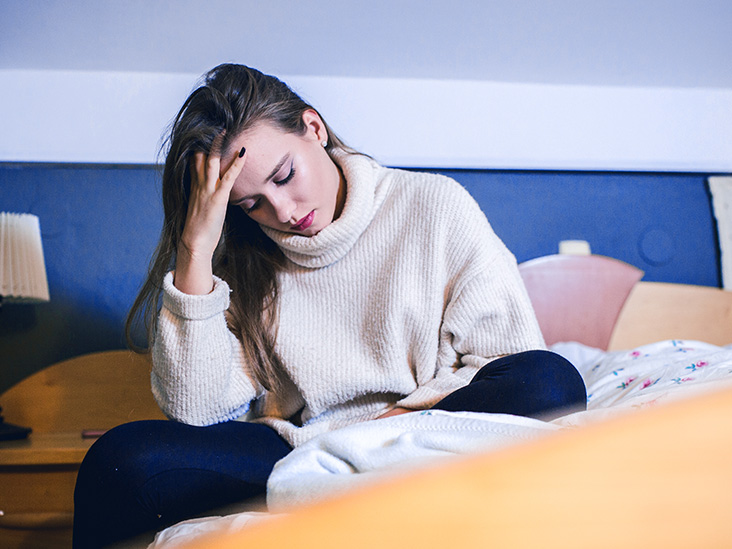A study investigated the effects of going to bed 2 hours later than normal but getting up at the usual time. It found that people not only became more impulsive and prone to mistakes the following day but also experienced a flattening of normally pleasurable feelings.
Missing out on a good night’s sleep is a well-known cause of cognitive and emotional problems and making people more accident-prone the next day.
Over longer periods, sleep deprivation is associated with worse mental and physical health.
The National Sleep Foundation in the United States recommend that teenagers get 8–10 hours of sleep a night and that adults under 65 years of age get 7–9 hours.
However, almost one-third of adults who responded to the 2012 National Health Interview Survey reported that they slept less than 6 hours a night.
Most research into the cognitive and emotional effects of sleep deprivation involves volunteers spending several nights in the unfamiliar surroundings of a sleep laboratory.
Psychologists in Norway wanted to investigate the effects under more natural circumstances, while people were at home and sleeping in their own beds.
They discovered that less sleep led the participants to feel worse the next day, but not in the sense of feeling down or depressed. Rather, they experienced fewer positive emotions.
“They felt less joy, enthusiasm, attention, and fulfillment,” says Ingvild Saksvik-Lehouillier, associate professor of psychology at the Norwegian University of Science and Technology, who led the research.
The psychologists say that their findings indicate that staying up late on work or school nights could impair people’s ability to manage stress and negative life events.
“We already know that fewer positive emotions have a major impact on mental health,” says Saksvik-Lehouillier. “We also know that poor sleep is included in virtually all mental health diagnoses.”
After getting less sleep than normal, study participants also behaved more impulsively and were more prone to making mistakes on a standard test.
The research features in the journal Sleep.
T

